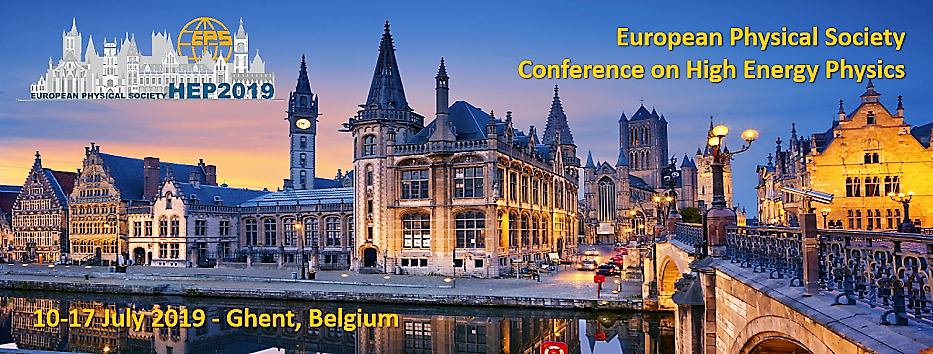Speakers
Description
Over the past 10 years, a new type of live-action team-based game became extremely popular all over the world, so-called escape (or adventure) games. Escape games are fun and engaging activities that require teamwork, communication and delegation skills, as well as critical thinking while fully absorbing players in a different reality. However, if adapted to specific learning content, the different puzzles of an escape game can also provide rich and engaging learning activities.
What makes educational games special is their potential to have players reach an optimal experience (flow state) while at the same time supporting learning. However, these goals are seldom evaluated. Little is known about students’ experiences of the activity, in particular, if and how many of them really reach a flow state and how individual differences can be explained.
In this study, the game experience of high-school students (aged 16-19) is measured during and after taking part in an antimatter-themed physics escape game involving advanced level puzzles (e.g. on Feynman diagrams, magnets, UV LEDs, and electric circuits) and advanced equipment (such as X-ray machines, digital sundials, and semiconductors). The game has been developed in an iterative process following the escapED framework which suggests a 6-level approach focusing step by step on participants, learning objectives, game mode and theme, puzzles, equipment, and evaluation.
First results confirm that most students reach a high state of flow while learning more about particle physics independent of their gender or their prior interest in physics. Perceived mental flow shows high correlations with students’ feeling of competence, immersion and positive team experience. The next steps of this project include a detailed analysis of the game experience and their perceived learning. In this talk, we will present the development of the game and discuss participants’ game experience.
